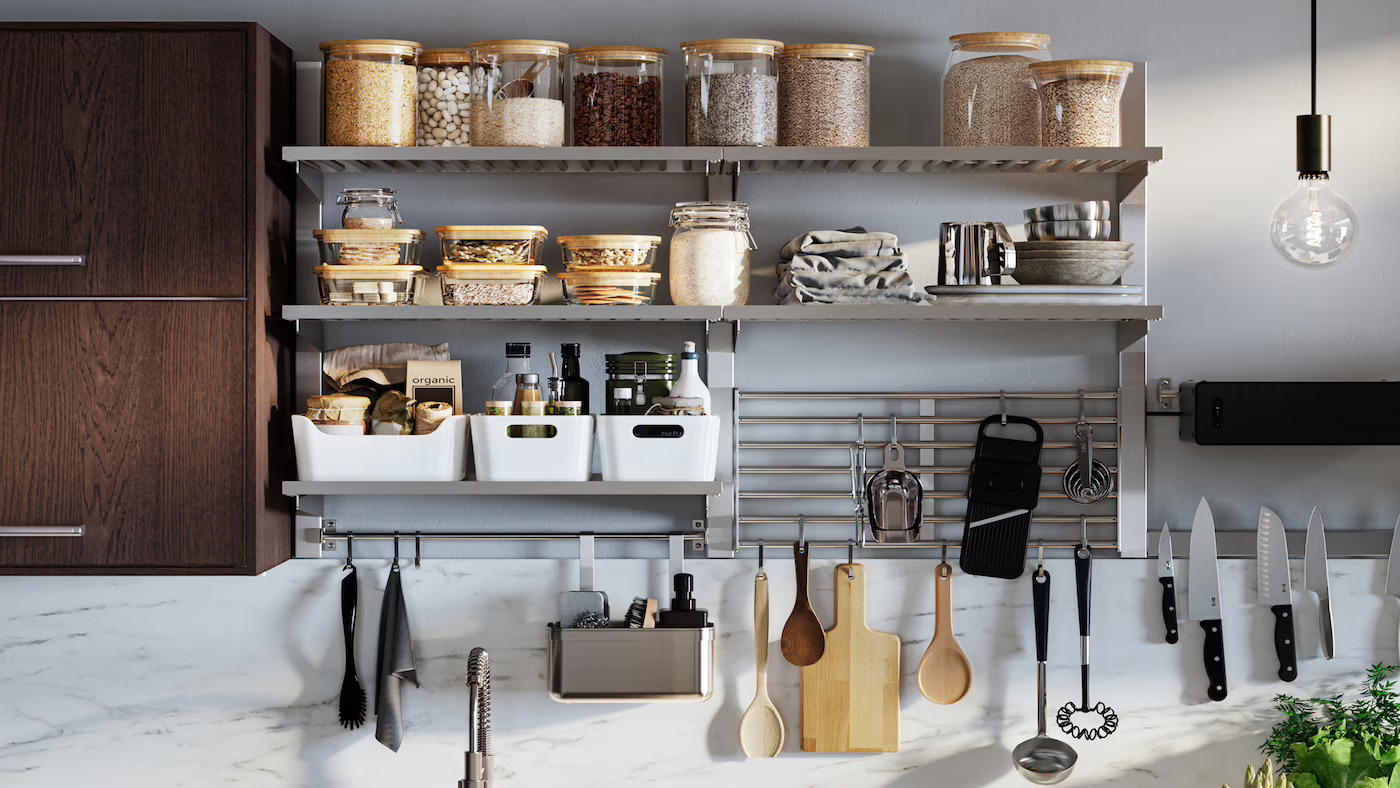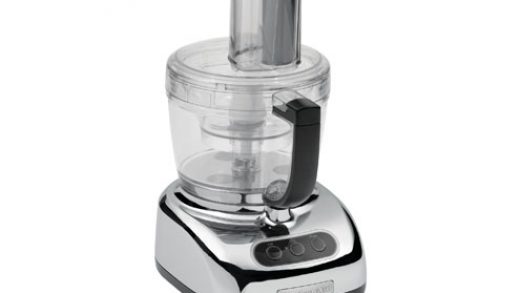
A well-equipped kitchen should have all the basics and maybe a few other things. And we know there are things a kitchen can do without like rarely used tools or appliances. What else needs to be removed from the kitchen?
Some of the things a kitchen doesn’t need are not really cooking equipment or tools. Some things are obvious, like that extra toaster your aunt gave you that doesn’t work all the time anyway. Things like that can go to a second-hand shop or in the garbage if it doesn’t work.
But what about those things that are less tangible, but still of great value to a cook at any level?
What does that mean? Well, what about dirty dishes? Or clutter on the counters? Or piles of papers on the table? These are things your kitchen doesn’t need. As we mentioned in our post about what your kitchen needs, organization is a great thing to have in the kitchen. The more organized, the cleaner the space, the easier it is to cook. We know many of you don’t like cleaning. Believe me, we understand. But it’s exactly that which can make cooking less fun and more of a chore.

Hoity-toity pretense has no place in a kitchen. We’ve talked about how many appliances turn into dust collectors. Before you buy anything for your kitchen that costs more than $70, think long and hard about whether you really need it or just want to have it. A $300 stand-mixer looks great in the kitchen. But if you only use it a couple times a year, you’re turning that holiday batch of cookies into a very expensive treat.
Don’t be afraid to buy some organizational tools for the kitchen. Get all those little odds and ends put away somewhere where you can find them again. Drawer dividers, especially the modular ones you can arrange yourself, are great for the utensils drawer. Got recipe cards and sheets of paper, put them in a card file or notebook, and then on a shelf out of the way.
In the Bachelor’s Kitchen, we love to cook with music playing. It can make the experience more fun. But leave the television out in the living room. It’s too distracting.
It’s okay to hang a picture or two in the kitchen. A calendar is always welcome. If you have high shelves that are hard to reach or space on top of the cabinets, you can put some artsy things up there. But don’t decorate the countertops. You might think it looks nice, but it soon will just get in the way or get dirty.
Speaking of dirty, don’t let those dishes accumulate. No one really likes to wash dishes. That’s why dishwashing machines were invented. But if you just take a minute to wash up those two or three dishes, glasses, and utensils, you’ll actually feel better about yourself and your kitchen. If you have a dishwasher, make sure you fill it up before you run it. Empty it and put away the dishes the next morning or night, depending on when you run it. If you wash dishes by hand, and most bachelors do, get something that allows you to wash just a dish or two without filling a sink of water and suds. In The Bachelor’s Kitchen, we like a dishwashing wand. There are several types available. Buy one where you know you can get refill sponges. These are plastic tubes with a sponge at one end. Dishwashing liquid goes into the tube and then you’re ready to wash a few dishes at any time under running water. Washing dishes as you go, any good chef or cook will tell you, makes the clean-up so much easier at the end of the meal.
Nothing makes a kitchen look messier than it really is than grease and grime on the chrome and stove and cupboards. Wipe it down now, then make a habit of cleaning the faucets and stove and backsplash as you cook and wash the dishes. It’s easy once you make a habit of it because it doesn’t have time to build up.
The kitchen is one of the most common spots in a house for a fire. This is why cleaning up that grease and grime is important. It’s not just about looks. Survey your kitchen for potential fire hazards. Keep the curtains away from the stove, along with paper or anything that easily catches fire. Use a timer to keep hot oil from overheating and bursting into flames. Have a small fire extinguisher within easy reach. Turn the handles of pots and pans away from you when on the stove. Potholders are great, but they’re not fireproof, so keep them away from the flames. That goes for kitchen towels, too.
When Julia Child wanted to flip an omelet, she paused before the camera and said, “You just have to have the courage of your convictions.” Many times in helping Americans cook French food in their own homes, she talked about never apologizing for your cooking. Your kitchen is a big part of that. Every cook or chef has mistakes and disasters. But keep the “Sorry” out of the kitchen. Be brave and proud, even if you’re just learning and even if things don’t turn out right. It’s only food.


